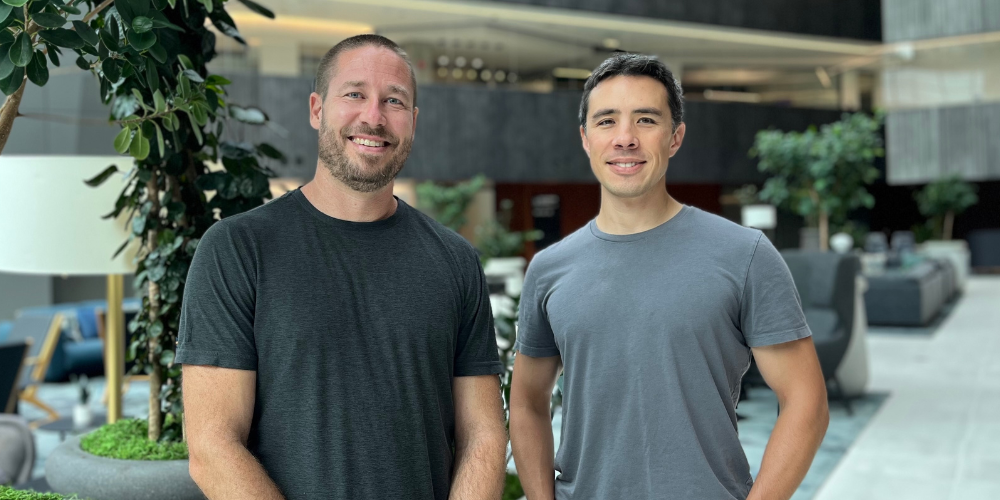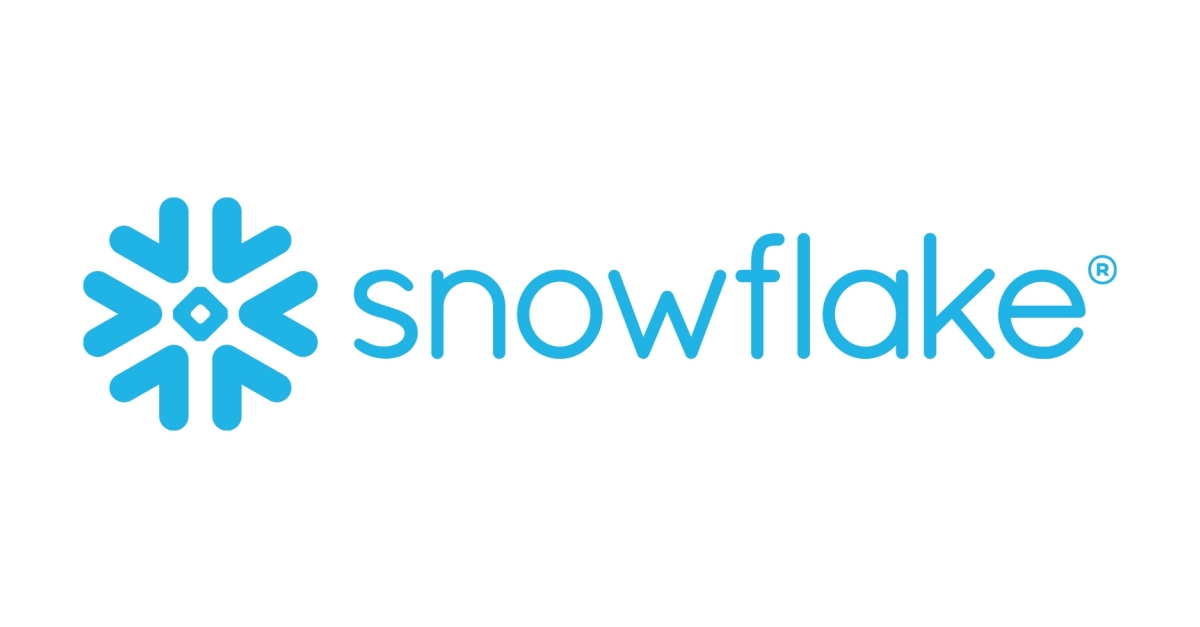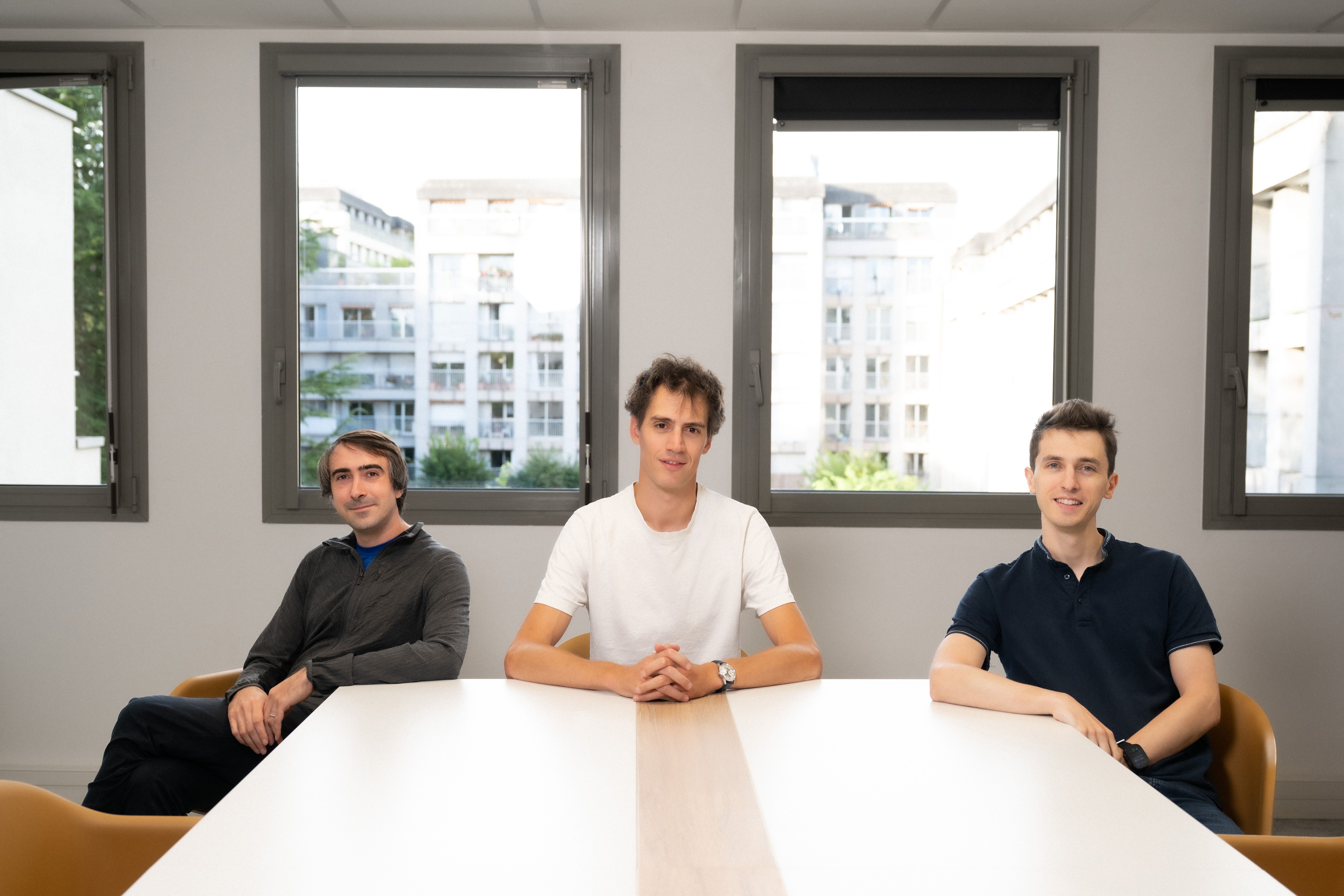The Era of Generative Genomics with Synthesize Bio


We’re entering a new era of life sciences, one marked by unprecedented speed of innovation and, paradoxically, slowing scientific progress. Drug discovery is becoming harder and more costly, not easier. Despite incredible technological advances, it now takes more time and more money to develop life-saving medicines than ever before.
This phenomenon has been wryly dubbed Eroom’s Law (Moore’s Law backwards). A nod to the fact that drug R&D productivity is moving in the opposite direction of the exponential advances we’ve seen in semiconductors and software. At Madrona, we believe this slowdown is unacceptable and not inevitable.
That’s why we’re thrilled to announce our investment in Synthesize Bio, founded by Rob Bradley, McIlwain Family Endowed Chair and Director of the Translational Data Science Integrated Research Center and Jeff Leek, J Orin Edson Foundation Endowed Chair and Chief Data Officer at Fred Hutchinson Cancer Center.
Rob and Jeff are world-leading researchers who have built their careers understanding biology from massive RNA datasets. They founded Synthesize Bio to build foundation models to solve the problems they face in their own research – understanding complex biology to deliver new insights that enable novel medicines in a highly competitive and resource-constrained environment.
Generative Genomics – A Foundation for the Future of Science
While biology hasn’t had its “ChatGPT moment” yet, we’re getting close. Rob and Jeff saw the massive potential while hacking diffusion models on their nights and weekends, inspiring them to found Synthesize Bio.
They came to us with the idea that in the future, most genomic data would be generated by models instead of in a lab. They called this idea “generative genomics” and showed us the first prototype of their idea. Over the past year, they have been quietly building, training a generative genomics foundation model (GEM-1) on the largest, most deeply curated RNA-seq dataset ever assembled. Their recent preprint demonstrates best-in-class performance: generating in silico data that matches wet-lab experiments – simply from experimental designs.
RNA-seq is the gold standard for linking genotype to phenotype at scale, capturing the transcriptional dynamics that translate static DNA into the active processes driving health and disease. RNA provides a uniquely rich substrate for generative modeling, leveraging high-throughput sequencing and massive datasets. For the first time, we’re starting to see scaling laws emerge in biology and with them, the possibility of generative tools becoming foundational infrastructure for scientific research.
While this is just the first release of the GEM models from Synthesize, they are already seeing super-experimental (analogous to super-human) performance – AI models that outperform novel lab experiments at reproducing biological signals.
It’s time to revisit the old adage, “An hour in the library can save a month in the lab.” Synthesize Bio reinvents that hour in the library; no longer are scientists limited to what others have published. Generative genomics moves reasoning agents from just searching published literature to enabling dynamic AI experiments that accelerate research by years, not months.
From Bottlenecks to Breakthroughs: Scientists Need to Do More with Less
Biology is hard. Scientists spend years and pharmaceutical companies spend millions narrowing down hypotheses, only to find themselves limited by what can be physically tested in patients or animals or what can be gleaned from early efficacy signals in Phase I clinical trial data. Can you get the patient samples needed? Do you have the statistical power to predict which patients are likely to respond to treatment? These constraints no longer need to define the limits of discovery or drug development.
Synthesize Bio is building a future where early-stage clinical data can be augmented with AI-generated datasets, providing better predictive power to de-risk costly trials and bring needed medicines to patients sooner. On top of the generative genomics foundation model, scientists can build applications solving the critical research challenges limiting scientific progress.
- Hypotheses that were once infeasible due to cost or time can now be evaluated in silico
- Human-relevant models bridge the gap between cells in a dish and real biology in people
- Clinical study designs can be modeled computationally offering a preview of outcomes before the first patient is even enrolled
- Generating biomarker data creates insight from impossible to collect biopsies
- Biomarker hypotheses can be tested with robust statistical power before Phase III trials
This is the power of generative genomics: unlocking scale, speed, and scope that wet lab experiments or early clinical trial data alone simply can’t match.
The Scientist of the Future Will Spend 90% of Their Time at the Keyboard
The tech shift in biology is already underway. The success of generative protein design, AI-driven structure prediction, and automated screening tools is showing what’s possible. These tools, while powerful, all act on known biology and targets. To drive the future of life sciences, we need to discover new biology faster and more efficiently. We need tools to better de-risk clinical development before years are wasted on the wrong assets. Into this need steps Synthesize Bio and generative genomics.
The next generation of biotech breakthroughs will be built by scientists and drug development companies who are fully tech enabled, running experiments in code, iterating rapidly, and validating only the best ideas in the lab. But this future requires infrastructure. Unlike large language foundation models, life science research demands deep domain expertise, vertical-specific and highly curated training data, and integration with life science workflows. This isn’t a space for one-size-fits-all solutions. Synthesize Bio has built the foundation to drive the future of in silico-first, life science research.
Democratizing Discovery: From Insights to Impact
While no model will ever perfectly recapitulate all of biology, Synthesize’s represents a profound shift, empowering scientists to do more, faster, with greater confidence. And this is beyond just efficiency, it’s about enabling new and better science.
The Synthesize Bio team is developing partnerships with biopharma teams to accelerate drug development using their foundation models. Access to the GEM-1 foundation models is now available at Synthesize.bio and through R and Python API clients.
We are proud to back Rob, Jeff, and the Synthesize Bio team as they build this foundational layer for modern biotech. At Madrona, we’re investing from day one in the companies creating the future of life science R&D where scaling laws apply to biology, discovery accelerates, and new medicines reach patients faster.
If you’re building at this intersection—or want to—let’s talk.










